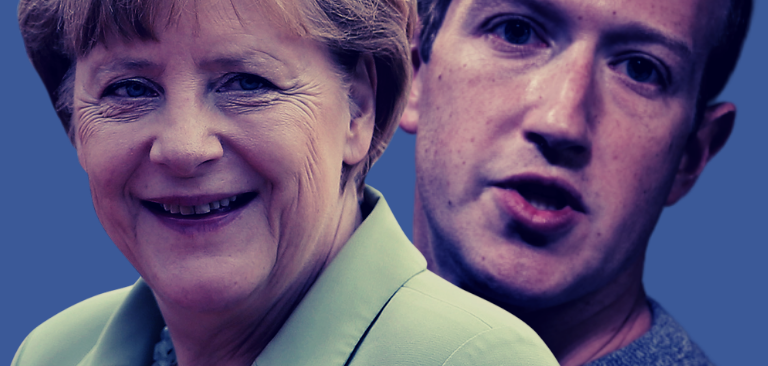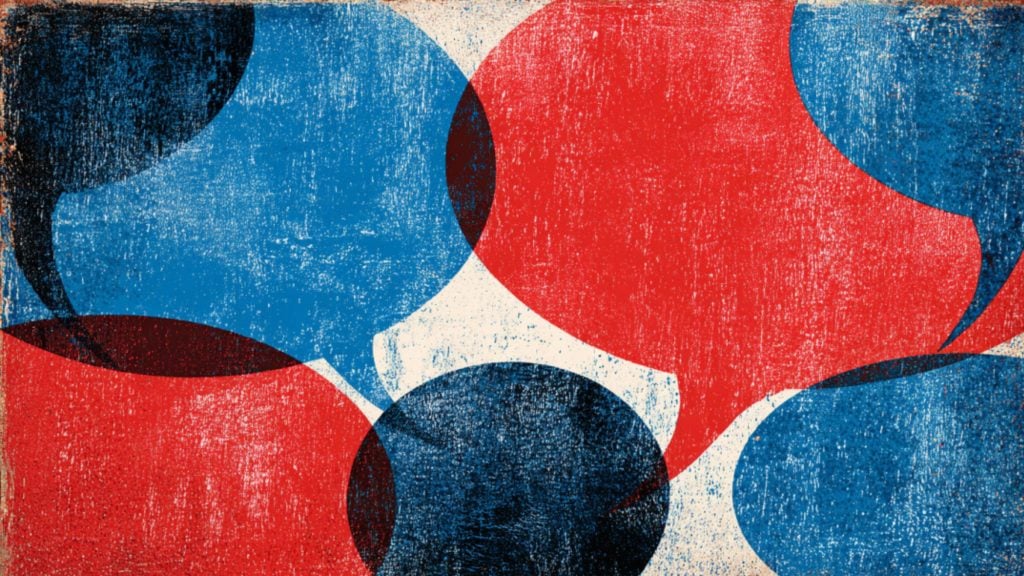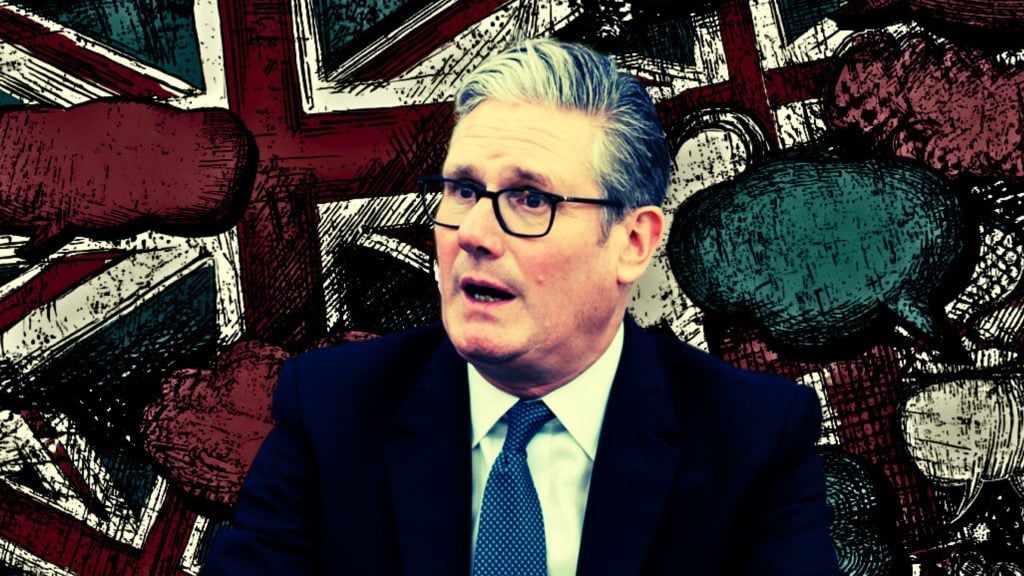The German government has indicated again that it wants to increase the regulation of Facebook content, and say that the tactics applied by the social network are not enough to prevent the spread of so-called hate speech.
Possible actions by the German government are being decided upon as a response to a campaign against Facebook originated by activist movements in the United States.
These movements, united under names such as Stop Hate for Profit, say that the social network has not contributed much in the fight against hate speech, so they urge the platform’s advertisers to not advertise during the whole month of July to put pressure on Facebook until it changes its moderation policies.
Organizers of this boycott even met with Mark Zuckerberg, but have not seen the Facebook CEO have any concrete plans to combat racism and hate on the platform.
Based on what these activists have stated, Germany is planning the implementation of new laws that would allow them to actively participate in the moderation of the content on the social network since the country does not believe that self-moderation is enough.
Germany has decided that it wants to take advantage of the present sentiment towards Facebook and not let off. This week, Berlin called for more action at a meeting on Monday of the bloc’s justice ministers.
“We cannot accept the public debate being distorted and poisoned,” said German Justice Minister Christine Lambrecht. “Voluntary commitments and self-responsibility are not enough.”
Germany doesn’t have the equivalent of the United States’ First Amendment and the history of the country is not exactly steeped in affordances of liberty and free speech.
Germany already has existing regulations in the country that sought to reduce the spread of extremist comments and criminal content. Just the last month, the government enacted a law that states that social networks must notify federal prosecutors if they get content that promotes ideas of “far-right extremism” and “online hatred.”
These measures were strongly criticized by defenders of free speech in Germany, as they say that these actions only make social networks look like criminals, and do not attack the real problem that is unfounded in society.
Left-wing lawmaker Anke Domscheit-Berg weighed in, saying, “You can’t outsource criminal law….We need better qualified and resourced police…but that doesn’t mean we should remove responsibility from Facebook.”
Since 2018 there is a law in Germany that requires that content that has been reported as inappropriate be blocked or removed from social networks within 24 hours. This law encouraged social networks to dedicate themselves much more to regulating content.
However, reports from Facebook itself have shown that this has not been enough for Germany. In 2019, the social network eliminated around 1,300 posts in compliance with the law, but this only represented a third of the total number of complaints they received.
Due to this, Germany sued the social network for 2 million euros. The government indicated at the time that the platform makes it difficult for users to report the content.
Facebook, however, indicated that they remove more than 90% of malicious content before users can even report it. The global figure for moderating content in the first quarter of 2020 alone would have exceeded 9.6 million posts.
For the German government and activist groups, it’s still not enough. And, at this point, it’s starting to look like nothing ever will be.



